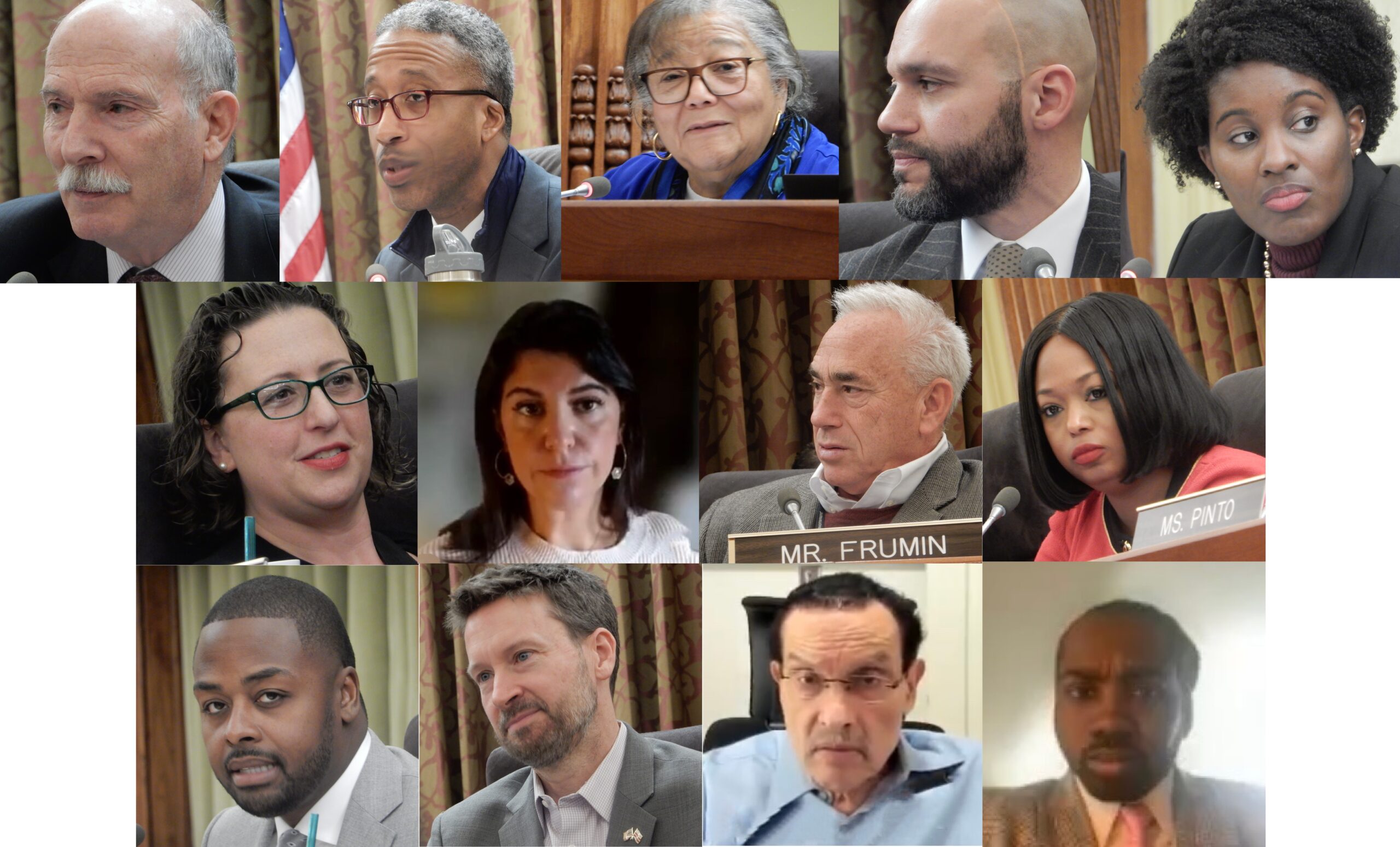Council Passes Bevy of Education, Health, and Housing Measures

Just prior to the halfway point of the two-year Council Period 25, which essentially includes 2023 and 2024, the Council passed a broad array of smaller but meaningful measures aimed at protecting the education, health, and housing of District residents. In virtually every case, the bills target the District’s most disadvantaged residents for special protection.
If passed twice by the Council and not successfully opposed by the mayor, the bills would:
- Ensure that no child under age six will risk losing health insurance due to a lapsed Medicaid, Children’s Health Insurance Program, or Immigrant Children’s Program predetermination of coverage
- Establish a school support office within the Office of the State Superintendent of Education that provides the necessary additional assistance to schools in the lowest five percent of performers
- Expand the District minimum wage to cover any employees who work more than two hours in a single workweek (closing a loophole that allowed workers who split work hours between DC and another state to be paid less)
- Prohibit employers of one or more employees from requesting, or hiring based on, an applicant’s wage history, and require posting of minimum/maximum pay rates and health care benefits for all posted jobs
- Require the Department of Buildings to created a tiered, multilevel proactive building inspection system for multifamily rental properties (rather than just reactive, post-facto inspections)
- Provide health insurance coverage for eligible, research-based health home visiting services for expectant parents and parents of young children via Medicaid, DC Health Care Alliance, and the Immigrant Children’s Program
- Require school sign-off before any Department of General Services building work orders for that building can be marked as truly and factually complete
- Rename the current John Tyler Elementary School in Ward 6 as Shirley Chisholm Elementary School, replacing the pro-slavery Presidential namesake with the groundbreaking advocate for civil and women’s rights who served in Congress and was America’s first Black candidate for a major party’s Presidential nomination
Also passed at the most recent meeting were a number of emergency housing measures. These bills require a Council super-majority to pass, and absent successful opposition by the mayor, go into effect immediately, but for just a 90-day window. These bills:
- Allow Home Purchase Assistance Program (HPAP) applicants who had received a notice of eligibility prior to October 11, 2023 but had not received a loan to remain eligible to receive loans under the prior (and not revised) HPAP rules. This restores access to the program for those applicants that a recent rule change had essentially disqualified mid-process.
- Give landlords until January 1, 2024 to provide newly-expanded 60-day notice of rent increases to tenants
- Extend a temporary program that helps senior homeowners avoid foreclosure on a reverse mortgage by providing assistance with property taxes, property insurance debts, condo fees, and homeowner association fee payments
- Extend a longstanding ban on applications for, and issuance of, certificates of assurance (which provide property owners with a property tax credit to cover the difference between the rent the market would allow, and what rent control legislation permits them to charge)
The Council’s first Legislative Meeting of 2024 will take place on January 9.